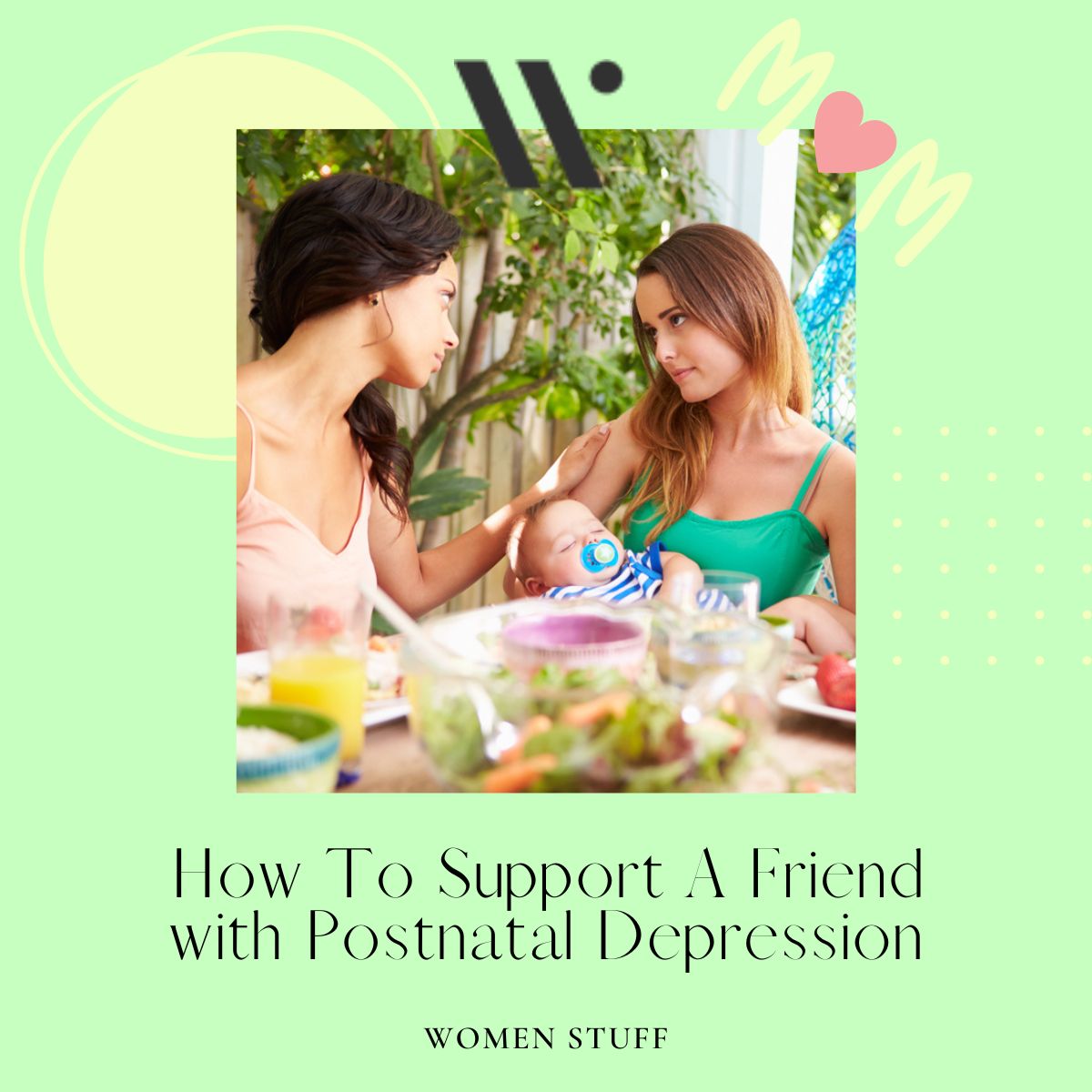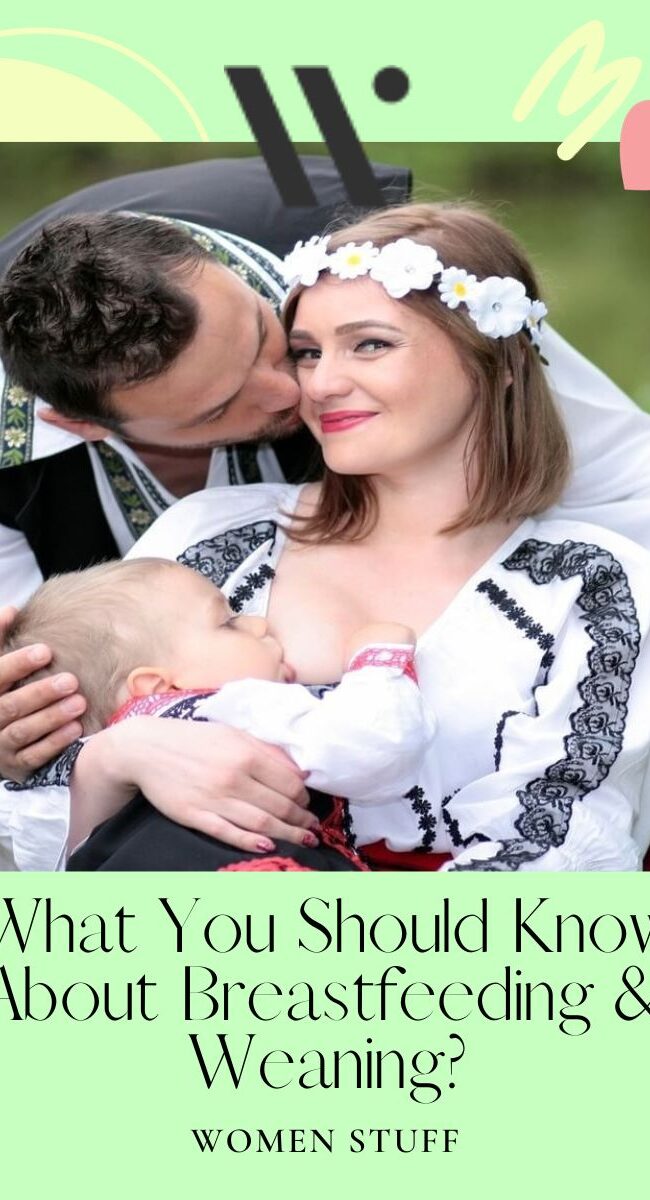
How To Support A Friend with Postnatal Depression
Postnatal Depression affects 1 in 7 new mothers. As many as 1 in 10 new parents will develop the condition. Postnatal Depression, also referred to as the “baby blues”, although common, can be difficult to process and many people that experience it shrug it off as something that will pass. This is not always the case and seeking help early is the key to treating the condition. Dealing with postnatal depression can be a confusing time for those affected and the people around them. Here is a list of 10 ways you can help support a friend with postnatal depression.
Ask them if they need help with Postnatal depression
Postnatal depression is better treated when caught early. It is easy for new mums to brush off being tired and moody, as regular symptoms of being a new mother. but this is not the case.
Familiarise yourself with the symptoms of Postnatal Depression and if your friend is exhibiting symptoms, sit them down and calmly ask them if they need help. Not everyone is going to be open to discussing their mental health, but it is important to make your friend aware that you are only looking out for her wellbeing, express to her the behaviours you have noticed that have led you to this conversation. Sometimes by discussing a problem with a close friend or family member, a person is able to open up and see things from another point of view, rather than just believing that things are normal. Once discussed offer to talk to the doctor with your friend for support.
Reassure them that everything is OK
It is estimated that 1 in 7 new mothers develop postnatal depression and it’s important for them to know it’s nothing to be ashamed of.
Explain to them that they are not alone. A quick google search can bring up a whole host of celebrities and famous faces, who too have suffered from the condition. Reassure them that it is okay to ask for help, we’re only human after all, we all need a little extra help from time to time.
Insist on helping out
The world can seem, like a much greater place after a good few hours’ sleep. Offer to take care of the baby so that your friend can take a nap or jump in the shower. It is important to remember though, that, not all new mums will like the idea of leaving their new baby, even in the safe hands of a family member or close friend. If this is the case with your friend, instead offer to do the dishes, vacuum, put some laundry on. She might decline your offers, but persist and try not to take no for an answer as this will help take some strain off the new mother, enabling her to concentrate on her new baby rather than the mountain of washing she has learnt that comes with her new bundle of joy.
Offer to run some errands for her
When you have PND leaving the house can make you feel like your preparing for a hike up Mount Everest. Setting up the buggy, ensuring you have nappies, formula, a change of clothes, a dummy, the list is endless, and for a mother experiencing Postnatal depression, this can be very overwhelming. Offer to run to the shop and pick up some milk for your friend, if you’re going grocery shopping ask her what she needs so you can drop them round to her on your way home. When you visit to make a quick phone call to see if she needs anything picking up on your way.
These small tasks to you can really mean the world to your friend.
I would dread visiting busy shops when I was at my lowest, with no self-confidence. Visitors who arrived with milk and bread were promoted to a godlike status.
Treat them
New mothers are probably by now used to receiving gifts for their baby but don’t neglect your friend. A simple bunch of flowers or box of chocolates can really brighten up a dull day. Next time you’re out shopping, pick up that nail polish you know she likes, or her favourite lippy. Make her feel special too. These acts of kindness can really make a difference to a person’s mood.
Talk to them
Sometimes a simple chat over a cup of coffee can be all a person needs to feel human again. Sit and talk to your friend. Ask her how she’s coping with motherhood but also incorporate other topics. Try to include topics you used to talk about before she was pregnant. A 5-minute break from the baby talk can really make a difference.
If your friend feels uncomfortable talking to you there is an advice and support group named PANDAS (Pre And Post-Natal Depression Advice and Support) who she could turn to.
Tell her you love her
When suffering from postnatal depression the world can seem like a cruel, harsh place. Let your friend know that she is loved and not alone. Let her know that you are there to help get her through the darker days. Give her a hug and tell her you will get through this together
Postnatal depression can be a cruel condition but it can be treated with the right help and advice. The most important thing for both you and your friend to consider, when to get help. Get advice from a doctor as soon as possible if you feel you or a friend are suffering from the condition.





